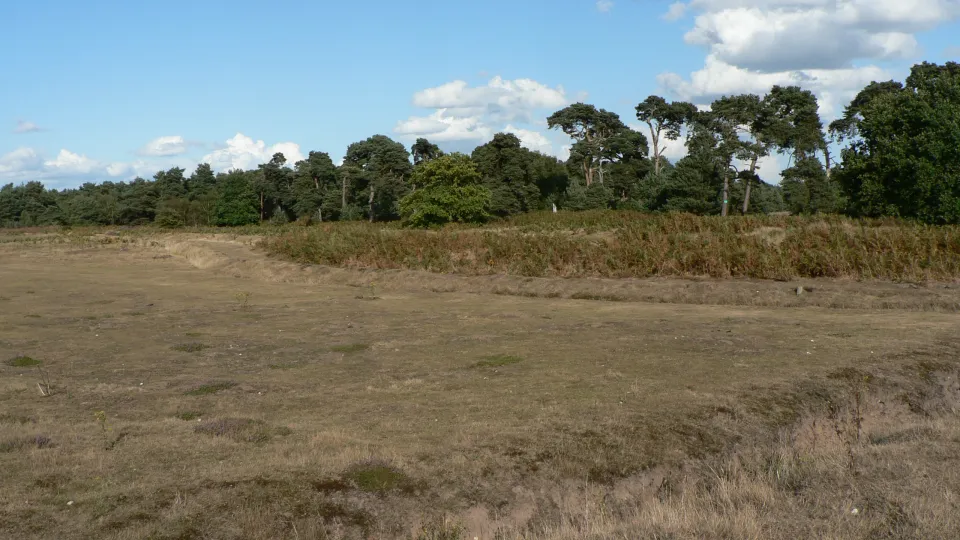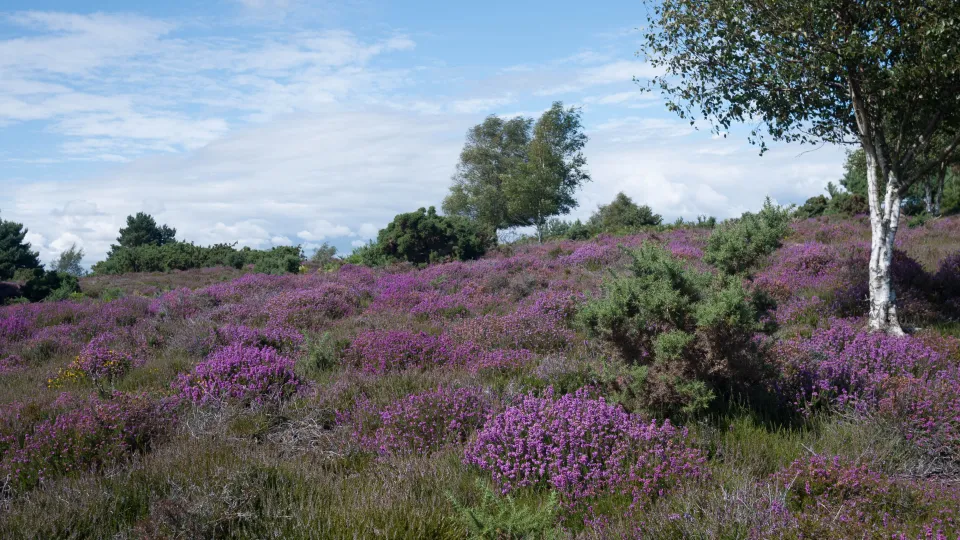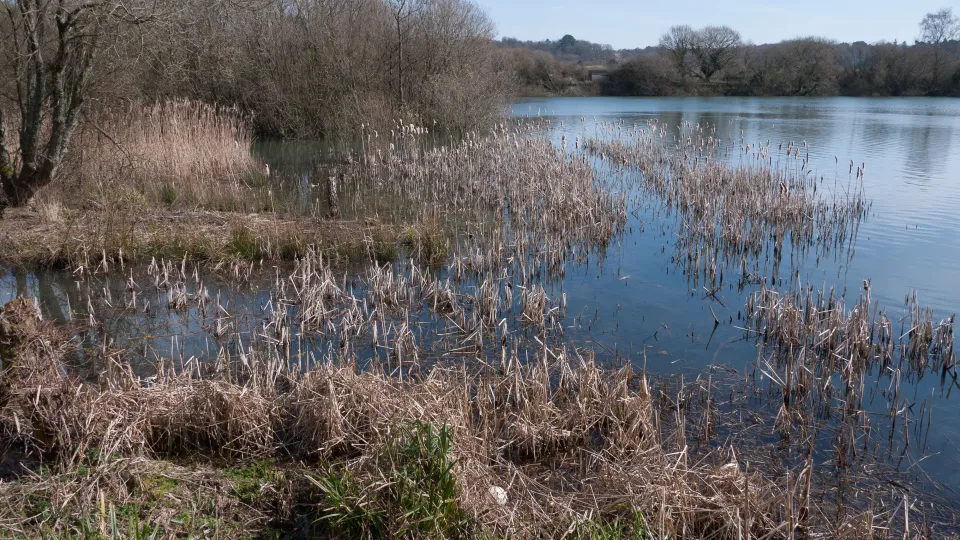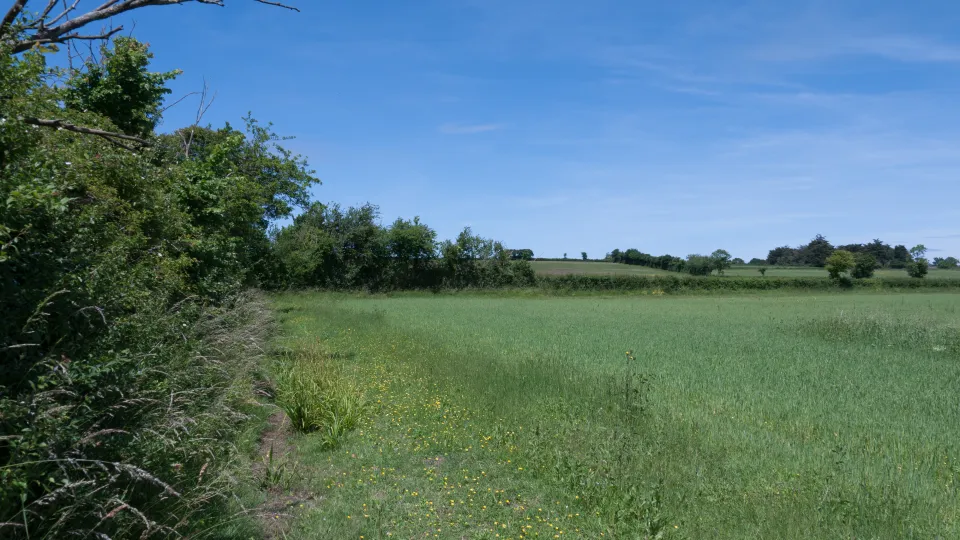
Lowland dry acid grassland
Sprinkled with diminutive, short-living flowers in spring and parched dry by July, this is a habitat of heathlands, coastal grasslands and ancient parkland.

Sprinkled with diminutive, short-living flowers in spring and parched dry by July, this is a habitat of heathlands, coastal grasslands and ancient parkland.

Heathlands form some of the wildest landscapes in the lowlands, where agriculture and development jostle for space, containing and limiting natural processes. Once considered as waste land of little value, lowland heathland is now appreciated and protected for its unique wildlife and austere beauty.
These wild, open landscapes stretch over large areas and are most often found in uplands. Although slow to awaken in spring, by late summer heathland can be an eye-catching purple haze of heather.

Lakes come in many forms: some are splendid and clear, while others are more reminiscent of a murky swamp. Each lake is strongly influenced by the underlying lakebed and the surrounding landscape, and collectively, lakes support a huge variety of animal and plant life.

Most arable fields are large, featureless monocultures devoid of wildlife, but here and there are smaller fields and tucked away corners that are farmed less intensively, or are managed specifically with wildlife in mind.